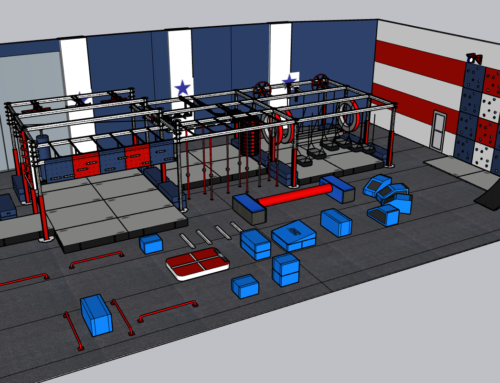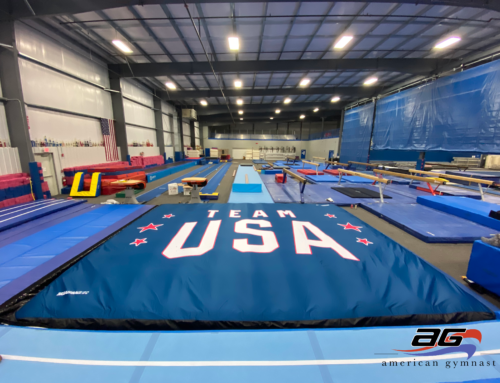For many athletes poor performance seems to hit them from out of the blue. It comes at them unexpectedly and they are surprised and sometimes devastated when this happens. They are playing at a very high level and a few days later they are struggling. I usually see these athletes after they have spent many hours and lots of money on private lessons, watched endless video, or had their skills broken down and rebuilt. When we begin our work together they are lost and don’t have much confidence or belief in their talent. They are frustrated and their coaches and others in their system are frustrated too.
I was working with a professional baseball player recently about his poor performance at the plate. He said he had been hitting the ball well all season and then one game he struck out with runners in scoring position. This seemed to put him over the edge and from that point on, he lacked confidence and struggled at the plate. His batting average plummeted and so did his playing time.
 This spring I worked with about a dozen high school, college, and professional baseball and softball catchers. They all had one thing in common, they could not throw the ball back to the pitcher. They all had “The Yips”.
This spring I worked with about a dozen high school, college, and professional baseball and softball catchers. They all had one thing in common, they could not throw the ball back to the pitcher. They all had “The Yips”.
Another athlete, a very talented gymnast walked into the gym one day and could not do any backwards skills on beam.
Each one of these athletes told me the same story. They could remember being confident and then their confidence began to drain away. One day they were at the top of their game, and a few days later they could not perform physical skills they had trained for years to master.
When I asked each athlete what they thought the problem was, they all had very superficial answers to my question. They seemed lost.
As we dug deeper into the underlying causes of each athletes performance issues, they were surprised at what we discovered.
Each poor performance was a symptom of something deeper going on in the mind of the athlete. The inability to hit a baseball, nail a gymnastics skill, or simply throw a ball back to a pitcher is the minds way of crying for help. The system is overloaded. The brain and nervous system cannot process anymore information.
The mind and body of the athlete operate as a very finely tuned system. When the system is in balance the athlete performs at a very high level. When the system is out of balance, performance suffers.
With each of the athletes I mention there were stressors and distractions going on that were having a profound effect on performance. School work, college recruiting, big games and meets, competition for playing time, problems with coaches and teammates, relationship issues, serious accidents, loss, injuries, contract negotiations, all star nominations, making an Olympic team, and family problems were just some of the distractions that were overloading the systems of each of these athletes and keeping them off center and out of balance.
Think of the mind of the athlete as a computer. It processes and stores information. If the computer is running efficiently then it operates smoothly. If there are too many programs running, or the computer has a virus, then performance can be poor. Each distraction these athlete were facing took up space in the athletes computer or brain. Things looked good on the surface. But in the background there were some pretty big programs running that took up too much space and caused the system to run slowly and in some instances crash. This translates into poor athletic performance.
The typical response to poor performance is to try harder, put in more work, or evaluate or change technique. It is usually a physical response to the crisis. Sometimes the physical effort is enough to get the athlete back on track. But not always.
If an athlete suffers prolonged struggles, and physical interventions are not helping, the inner world of the athlete is where we will find answers to performance struggles. There we can find how performance energy is being siphoned off to manage the life stressors the athlete is trying to manage.
The situations I mentioned earlier overloaded the athletes brain and nervous system resulting in meltdowns and poor performance.
Athletes can avoid these inner storms by being mindful of the stressors in their lives. They can make a commitment to address the things they can control and learn how to more effectively deal with the things that they can’t control. Staying present is the key. Don’t let things build up.
Most athletes are taught to “tough it up” “just get over it” or “suck it up”. This mind set pushes the issue deeper into the athletes conscious and unconscious. It takes a tremendous amount of energy to suppress serious stress related events or situations. Pushing it down and keeping it down takes a tremendous amount of energy. The suppressed issues show up later in behaviors, attitudes, and mind sets that effect performance in a negative way.
 In the cases I mentioned earlier most athletes were able to get back on track and return to the top of their game fairly quickly. Others showed significant improvement quickly and needed a little more time to get back in balance. We worked with tools and techniques to help them stay on track and avoid these inner storms in the future. We used advanced techniques to help them integrate the highly stressful, even traumatic events that were creating problems. These tools and techniques helped them in sports and also in life. Things just seem to work easier on all levels. The energy spent trying to manage and suppress the stress is channeled back into performance. Everything improves. Performance improves and life gets more manageable and enjoyable.
In the cases I mentioned earlier most athletes were able to get back on track and return to the top of their game fairly quickly. Others showed significant improvement quickly and needed a little more time to get back in balance. We worked with tools and techniques to help them stay on track and avoid these inner storms in the future. We used advanced techniques to help them integrate the highly stressful, even traumatic events that were creating problems. These tools and techniques helped them in sports and also in life. Things just seem to work easier on all levels. The energy spent trying to manage and suppress the stress is channeled back into performance. Everything improves. Performance improves and life gets more manageable and enjoyable.
The athlete is able to stay focused and present in training and competition. Self confidence improves and performance soars.
Robert Andrews is the director of The Institute of Sports Psychology in Houston, where he focuses on working with the injured athlete to help him/her move through the mental, emotional and spiritual issues surrounding sports-related injury, athletic performance and team-building.
The Institute of Sports Psychology works with Olympic, professional, college, and high school athletes and coaches.






[…] here: Avoiding Psychological Meltdowns – American Gymnast Training Center Posted in Performance Tags: a-very-finely, a-very-high, athlete–, balance-the, […]